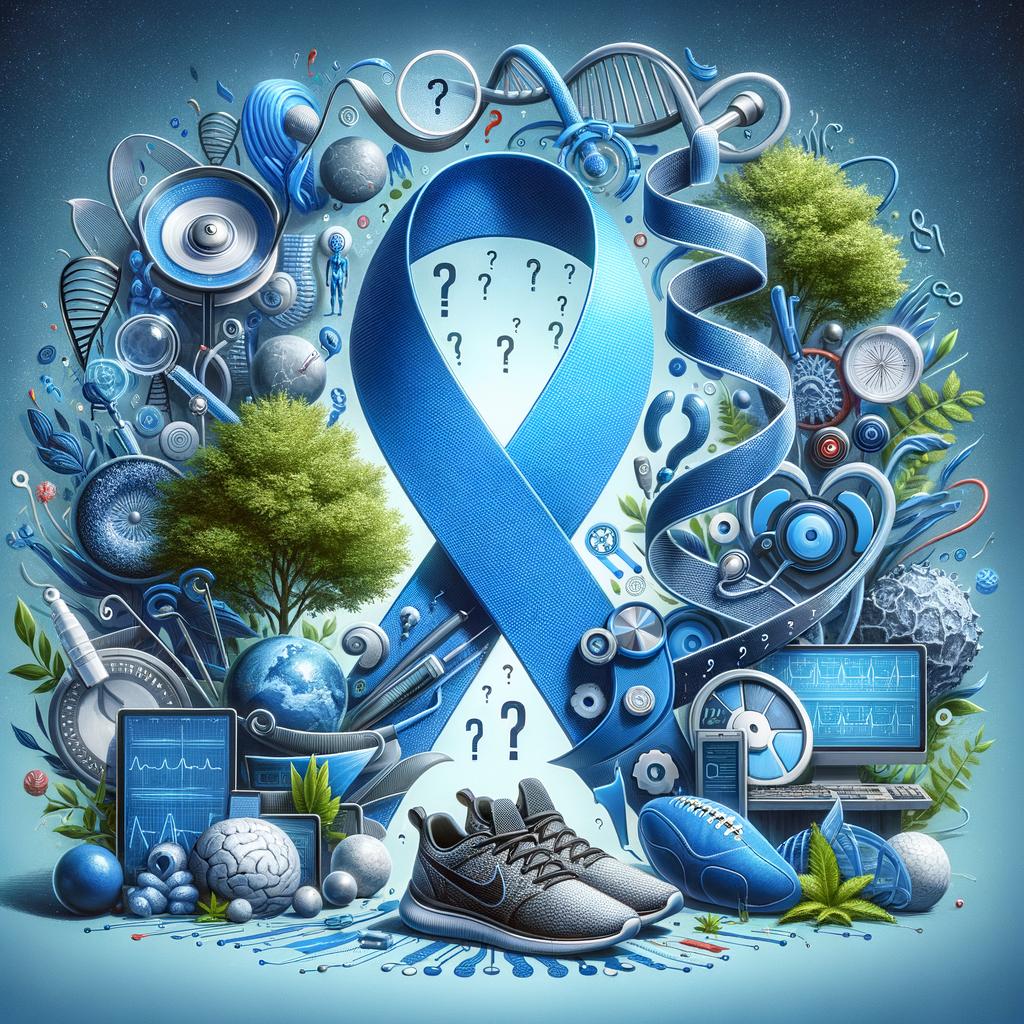Introduction
When trying to comprehend the complexity of prostate cancer, it’s natural to wonder, “What can I expect once I’ve been diagnosed with prostate cancer?” The answer is intricate, but let’s start with some basics. Prostate cancer is a medical situation in which malignant or cancerous cells grow in the prostate, a small gland that contributes to the seminal fluid in men. Now, let us delve deeper into this topic to understand the journey of living and contending with prostate cancer.
Understanding Prostate Cancer
Prostate cancer, in its early stages, often lies low, like a lion in the bushes, showing no signs of its menacing presence. It often goes unnoticed until a regular health check-up or a PSA blood test reveals unusual readings. Upon suspicion, doctors recommend a biopsy to ascertain if the unusual growth is indeed cancerous. Delay in diagnosis engages a complicated chain of events in motion where the cancer cells grow at an alarming rate.
Stages of Prostate Cancer
The staging of prostate cancer is crucial in determining the best course of action in terms of treatment. Prostate cancer staging ranges from stage I to Stage IV, with the latter being the most severe. Stage I exhibits no symptoms and the cancer growth is restricted within the prostate. In contrast, stage IV indicates that the cancer cells have metastasized to distant organs, complicating the situation further.
Dealing with Symptoms
In the initial stages, especially stage I and II, prostate cancer may not present with any symptoms. But as the cancer cells sneakily multiply, the symptoms take form, like urinary frequency, pain during urination, blood in the urine, or even discomfort in the pelvic region. Coping with these symptoms is a herculean task for many, and daily life becomes a struggle peppered with hospital visits and medications.
Complications of Prostate Cancer
Just as an uncalled visitor brings along unwelcome issues, prostate cancer presents an array of complications, ranging from urinary incontinence to erection problems. A man’s mental health may take a significant toll, as dealing with the physical changes may seem like an uphill task.
Treatment Options
Upon the detection of prostate cancer, multiple treatment options come into the picture, like a much-needed ray of sunshine piercing through a gloomy, cloud-covered sky. From active surveillance for low-risk cancer, to radiation therapy, Brachytherapy (internal radiation), Cryotherapy (freezing the cancer cells) to the more complex hormone treatment and chemotherapy, each treatment path is tailored to a patient’s unique situation.
Post-Treatment Scenarios
After treatment, follow-up tests are done to ensure the cancer cells have taken a backseat. The journey doesn’t end there, as routine checks are needed to ensure the absence of recurring cancer. Recovery is a slow process akin to a train trudging on rusty rails, yet every small step forward brings about immense joy and relief.
Conclusion
In conclusion, the journey with prostate cancer is a tumultuous roller coaster ride of emotions and physical changes. However, there are ways to manage the situation better by understanding the implications, seeking timely medical intervention, and remaining optimistic through the journey. Remember, each person’s journey is unique to their circumstances and the support from loved ones can make the journey less arduous.
Frequently Asked Questions
1. Q: How common is prostate cancer?
A: Prostate cancer is one of the most common types of cancer in men. Age, family history, and race are among the significant risk factors.
2. Q: Is prostate cancer curable?
A: Yes, especially if detected early enough. Advanced stages of prostate cancer, however, may require intensive treatment.
3. Q: Does prostate cancer affect sexual health?
A: Yes, prostate cancer and its treatments can affect sexual health, leading to problems such as erectile dysfunction or a loss of sexual desire.
4. Q: What are PSA levels, and why are they important?
A: PSA (Prostate-Specific Antigen) is a protein produced by the prostate. Above normal levels may indicate prostate health issues including cancer.
5. Q: What lifestyle changes can I make to reduce the risk of prostate cancer?
A: Maintain a healthy diet high in fruits and vegetables, stay physically active, maintain a healthy weight, and avoid smoking.


